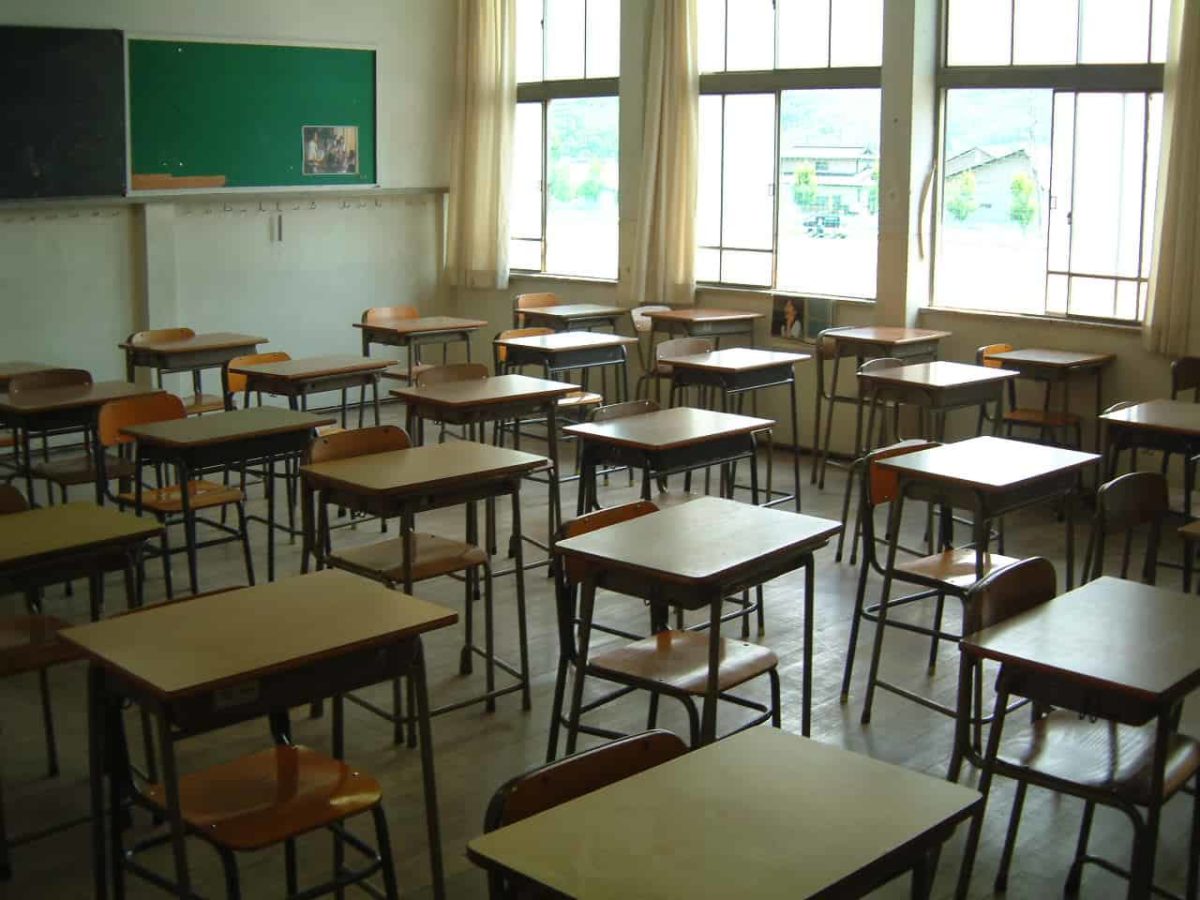

This article was originally posted at NCPolicyWatch.com
Lawmakers propose to rid public schools of tool aimed at helping at-risk students
In 2001, North Carolina began requiring public schools to administer to some students Personal Education Plans (PEPs) as a way to ensure that children who were identified as at-risk of failing school would receive additional academic support.
Some teachers say, however, that the PEP has become nothing more than a statutory mandate requiring teachers to fill out burdensome paperwork to comply with the law—not a mechanism that brings about true academic improvement for those who need it most, as it was intended.
Now a bill is moving through the legislature sponsored by Senators Jerry Tillman and Tom Apodaca that would eliminate PEPs from public schools, and many teachers are supportive of the mandate’s potential demise.
But even as some cheer the possibility of less paperwork, the looming question of how to ensure academic success for struggling, at-risk students remains.
What are PEPs?
Personal education plans (PEPs) were put into place nearly 15 years ago as an accountability measure – a way of making sure public schools were doing their own due diligence in making sure all students are on a path toward success.
“[PEPs] go back to the early 2000s when the state had Student Accountability Standards that required students to pass their EOGs [end-of-grade tests] at grades 3, 5 and 8 in order to be ‘automatically’ promoted to the next grade level,” said the NC Department of Public Instruction’s Director of Communications, Vanessa Jeter.
“Students could be promoted without passing scores [on the EOG], but if they were there was supposed to be a PEP in place to ensure support for the student that may need it,” said Jeter.
Students are considered “at-risk” when they fail to progress toward grade level proficiency, which can be determined by a variety of assessment mechanisms.
Once identified, a student receives a personal education plan that is tailored toward his or her needs, identifying which areas of academic achievement the student is failing to meet targets and what kinds of interventions are necessary to help a student improve. Interventions could include after school tutoring, mentoring, Saturday classes, coaching and extended days of instruction.
In Brunswick County, at-risk third graders receive PEPs that look like this:
But by the time you get to middle school, PEPs are a lot more intensive:


“It’s an incredible paperwork burden on teachers,” said Swencki of PEPs, “but it has been a mechanism of accountability to ensure that at-risk children are on someone’s radar.”
Swencki explained that in Brunswick County, PEPs are primarily a communication tool between the parent and the school to let parents know when their children are in danger of failing.
While PEPs in some districts could recommend interventions to at-risk students that would include after school tutoring, Saturday classes or other supports that would take place outside of the school day and free of charge to the student, that’s not happening in Brunswick County.
“We could if those [outside of school day interventions] were district offerings,” said Swencki. “We have to be careful that we are not prescribing something the school system cannot provide. If a school system has Saturday school or after school tutoring at no cost, they could offer that in the PEPs, but not all districts have those things.”
“Brunswick County doesn’t have the resources to offer outside of the school day interventions, so PEP interventions are only about what happens during the school day.”
That runs counter to how the PEPs were intended to function, according to Duke Law professor and director of the Children’s Law Clinic Jane Wettach.
“The thing that PEPs do differently is that they require additional instructional services to be done outside of the normal school day,” said Wettach.
“Even really excellent teachers cannot necessarily in a regular school day provide everything that an at-risk student needs to get to grade level,” Wettach added.
A district must provide the additional academic interventions for free, in addition to providing free transportation to and from these services.
Wettach sympathizes with teachers or districts that feel frustrated with the increased demands PEPs place on their time and resources while having no access to funding to put necessary interventions into practice.
“You can’t ask teachers to do [PEPs] with no compensation and no resources. These are only as effective as they are resourced,” said Wettach.
Swencki says while she believes in the intentions behind the PEP and thinks it’s helpful to have them serve as a communication tool between teachers and parents, the amount of paperwork it requires of teachers is too great and outweighs its usefulness.
“With the paperwork requirements our teachers are already dealing with, it’s hard for me to ask them to do more paperwork,” said Swencki, who also said she doesn’t believe the PEPs are really bringing about improved academic achievement for at-risk students.
“But the reality is we still have at-risk students who are struggling at the end of the day, PEP or not…and how to do we make sure those students don’t fall through the cracks,” Swencki said.
Unfunded mandate
Durham Public Schools teacher Jaclyn Turnwald says the problem with PEPs is that they are an unfunded mandate.
“There’s no money to guarantee the after school interventions that are suggested on PEPs,” said Turnwald.
Turnwald offered five students tutoring on her own time on Tuesday, then drove home two of them herself because they couldn’t afford transportation.
“And in addition, there are three persons responsible for PEPs – a teacher, a student and a parent. A lot of times, students who need PEPs, it’s often because situations outside of school have contributed to their educational gap, whether it’s their socioeconomic status, homelessness, mental illness … and many are not getting services they need,” said Turnwald, noting that those out of school factors are they kinds of issues that can’t be tackled by a PEP.
“The way that most people understand PEPs, all the responsibility for a student’s eventual success falls on the teacher – but there are parent & student responsibilities in those PEPs too, but we can’t monitor those,” said Turnwald.
Turnwald said a better use of teachers’ time would be to structure the school day so that teachers could meet more regularly in teams, like they do at Durham’s School for Creative Studies.
“We meet as a team, we discuss who is failing, we look at if they are failing multiple courses, and we know what kind of strategies we need to tailor to the struggling students,” said Turnwald. “We have conversations about what we need to do for students, which doesn’t involve hours of paperwork, but it does involve time.”
Turnwald says meeting in teams and coming up with solutions for struggling students is the best approach to maximizing the time teachers have in a school day if there is not going to be funding offered to provide students with additional academic support outside of the classroom.
But in an era when public schools are under intense pressure to be transparent and accountable for how successful students are (or aren’t) thanks to the new A-F school grading system that largely assesses schools on the basis of how well their students perform on standardized tests, Duke’s Wettach is concerned that taking away something that is supposed to provide resources for students to succeed is the wrong approach.
“With the pressure on the school districts to have all their kids passing and meeting these grade level standards, there has to be something to address the needs of students who are unable to make that kind of progress in the regular school day in regular classes,” said Wettach.
Instead of getting rid of PEPs, Wettach says lawmakers should fund them.
“Let’s make them real.”
Education reporter Lindsay Wagner can be reached at 919-348-5898 or lindsay@ncpolicywatch.com
Twitter: @LindsayWagnerNC



